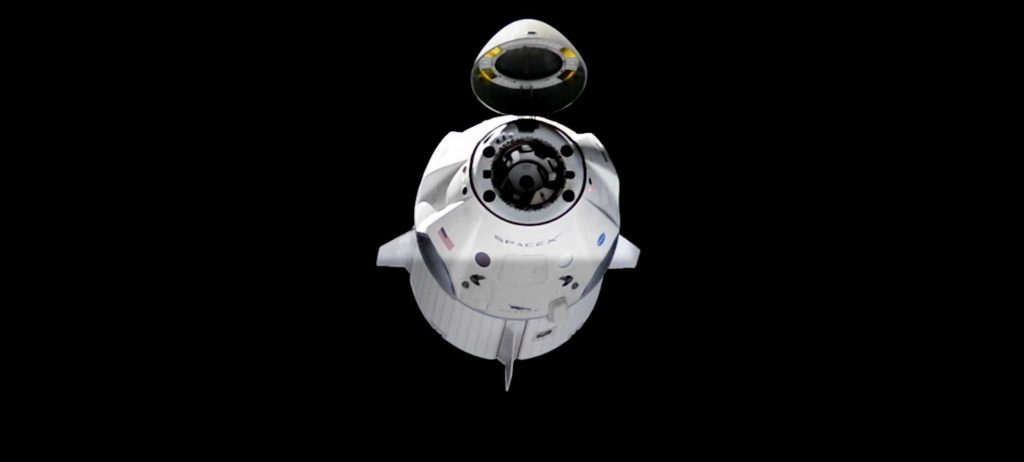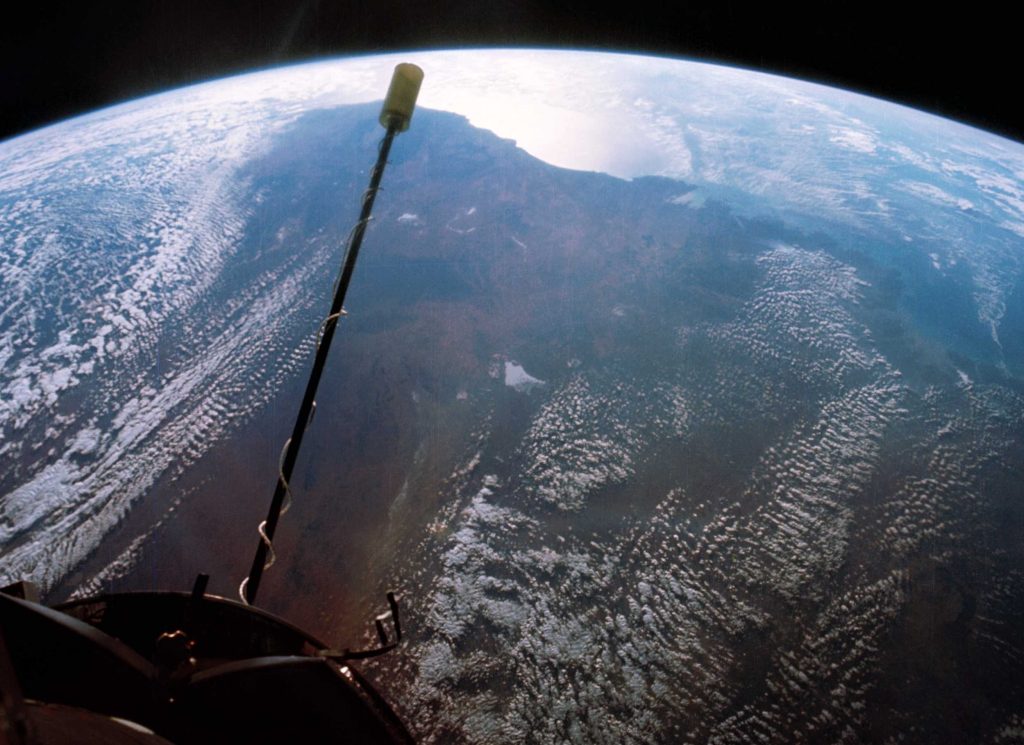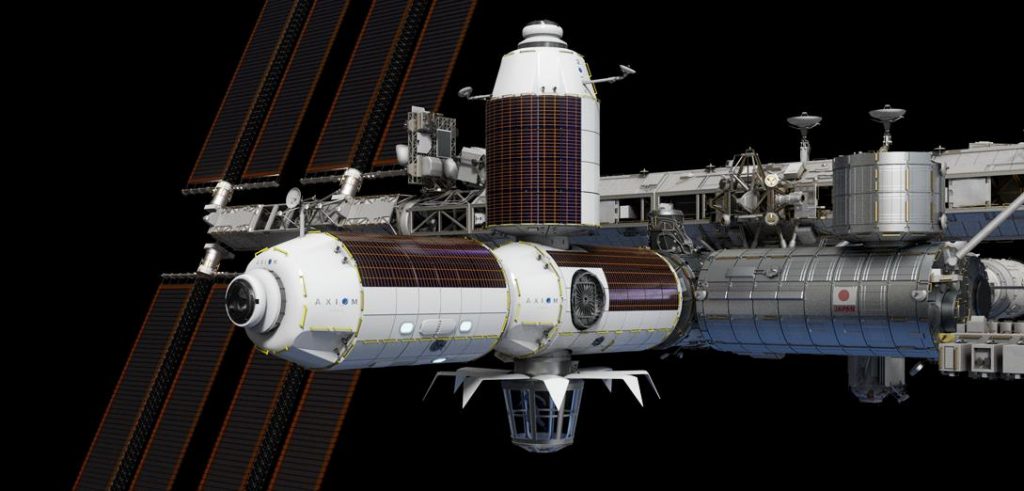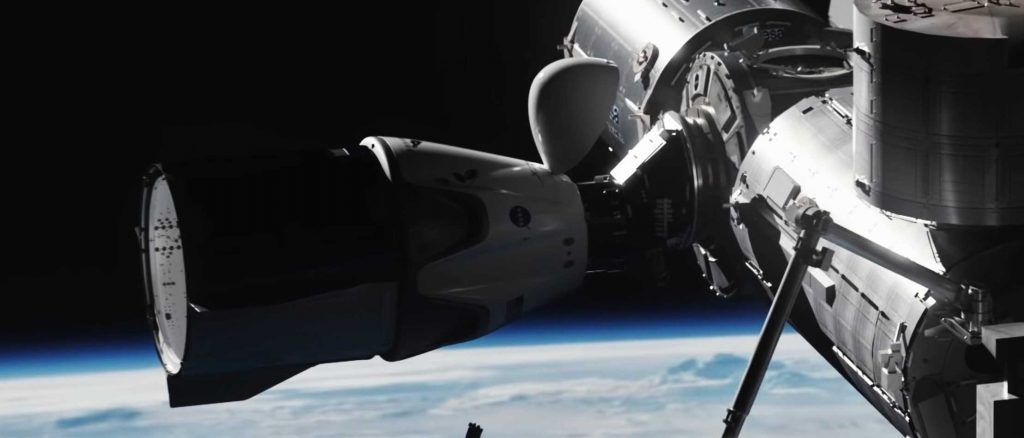Axiom Space has announced its first contract with SpaceX, revealing plans to launch three tourists to the International Space Station (ISS) on a Crew Dragon spacecraft as early as 2021
Building off of the extraordinary success of the privately-developed Cargo Dragon spacecraft, set to be retired perhaps just a month or so from now, SpaceX’s Crew Dragon spacecraft was designed almost from scratch to safely launch humans into space. While there are few guarantees in human spaceflight, SpaceX appears to be well on track towards its inaugural astronaut launch, and Crew Dragon is scheduled to support that mission – known as Demo-2 – as early as next month. If Demo-2 is successful and NASA signs off on Crew Dragon’s operational readiness, it’s starting to look like the spacecraft might have considerable demand even outside the space agency that funded its development.
Less than three weeks after SpaceX and Space Adventures revealed tentative plans to launch space tourists on a record-breaking Crew Dragon flight, this latest news seemingly implies that a separate company has gone a step further, putting real money down on its own space tourism launch contract. For SpaceX, this is now the second time in less than a month that the Crew Dragon spacecraft has received serious space tourism-related interest. The market, in other words, could be substantially larger than one might initially imagine.

First announced on February 18th, Space Adventures – a private firm that has been working in the space tourism business for more than two decades – and SpaceX revealed that they’d signed an agreement to potentially support a unique opportunity for private astronauts. Likely completed without any exchange of funds, the joint agreement means that Space Adventures can now begin to seriously pursue customers for a Crew Dragon mission that could reach an altitude that only a handful of NASA Apollo and Gemini astronauts have gone beyond.

As such, there is technically no guarantee that the Space Adventures-SpaceX agreement will translate into any actual Crew Dragon or Falcon 9 contracts, although there is certainly a chance. The tourism company did successfully arrange eight orbital launches and space station visits for seven customers in the 2000s but has been relatively inactive in the decade since then.
Axiom Space, an unrelated venture, is also seriously interested in space tourism but is instead focused on the far more arduous task of building its own space station. Thanks to a recent agreement with NASA, potentially translating to $140M contract to build its first custom space station module, it appears to be increasingly likely that Axiom is not simply smoke and mirrors – depressingly common in space tourism industry.

Intriguingly, the contract Axiom announced with SpaceX and Crew Dragon appears to be entirely unrelated to the company’s plans to build its own space station modules. Instead, the contract would see SpaceX train and launch an Axiom ‘commander’ and three private passengers to the existing ISS for more than a week before returning them safely to Earth. Perhaps more impressive is the schedule: Axiom wants SpaceX to launch its first space tourism mission as early as the second half of 2021 – potentially less than a year and a half from now.
Regardless, if this contract does result in Crew Dragon’s first dedicated space tourism launch and Axiom’s customers are satisfied, it’s safe to say that SpaceX will be the first to receive a call if or when Axiom needs more orbital taxi services or rockets to launch its space station modules in the mid-2020s.

If its prices are notably better than what past tourism ventures have been able to offer, SpaceX might even be able to expand the market for private (orbital) human spaceflight, creating an entirely new niche for Crew Dragon. Given that NASA’s Commercial Crew Program contract anticipates requiring no more than an average of two dedicated Crew Dragon astronauts launches per year, it would not take much at all for SpaceX to double the spacecraft’s annual flight rate with the help of orbital tourism.
Check out Teslarati’s newsletters for prompt updates, on-the-ground perspectives, and unique glimpses of SpaceX’s rocket launch and recovery processes.

Sponsored Content
https://news.google.com/__i/rss/rd/articles/CBMiSmh0dHBzOi8vd3d3LnRlc2xhcmF0aS5jb20vc3BhY2V4LXNwYWNlLXRvdXJpc20tZmlyc3QtY3Jldy1kcmFnb24tY29udHJhY3Qv0gFOaHR0cHM6Ly93d3cudGVzbGFyYXRpLmNvbS9zcGFjZXgtc3BhY2UtdG91cmlzbS1maXJzdC1jcmV3LWRyYWdvbi1jb250cmFjdC9hbXAv?oc=5
2020-03-09 08:55:18Z
52780653790133

Tidak ada komentar:
Posting Komentar